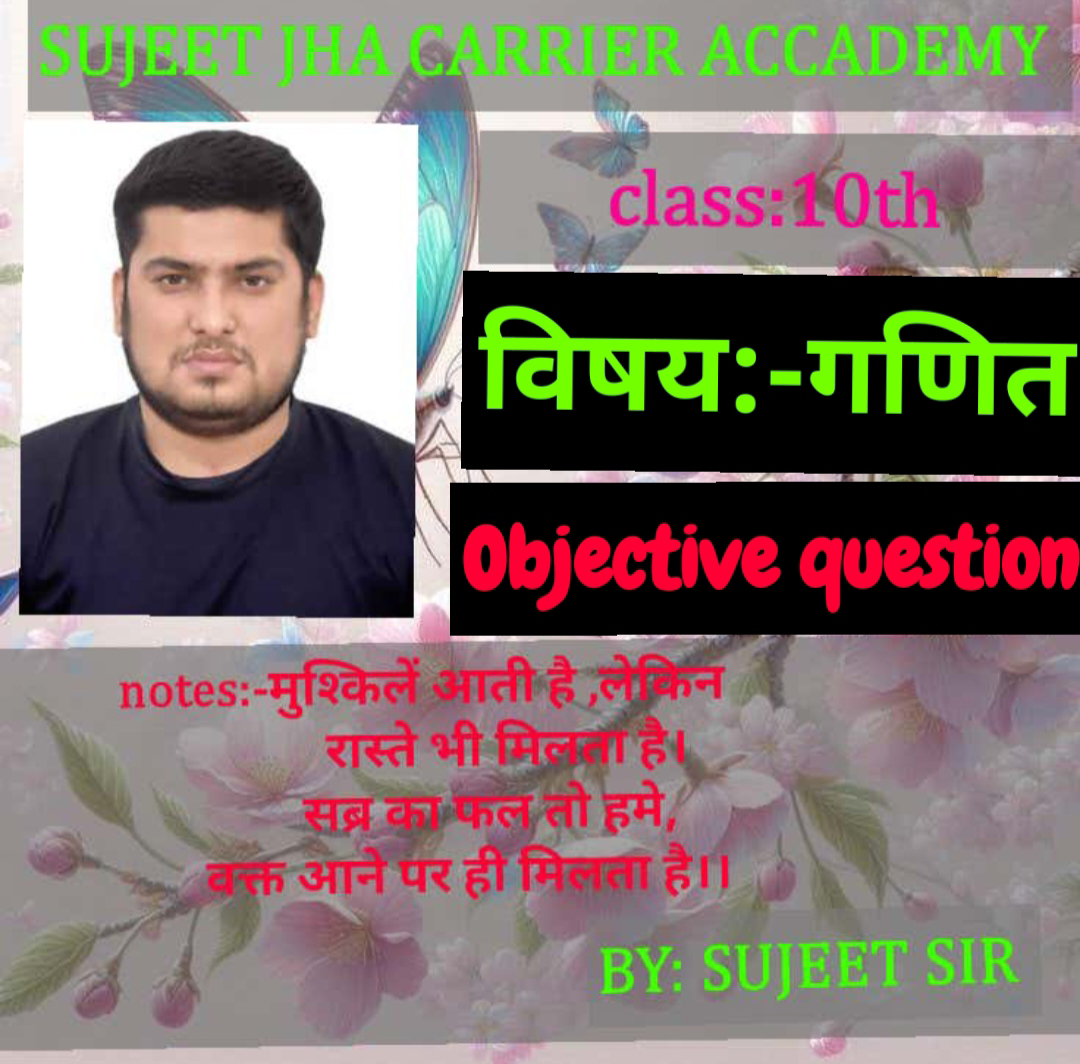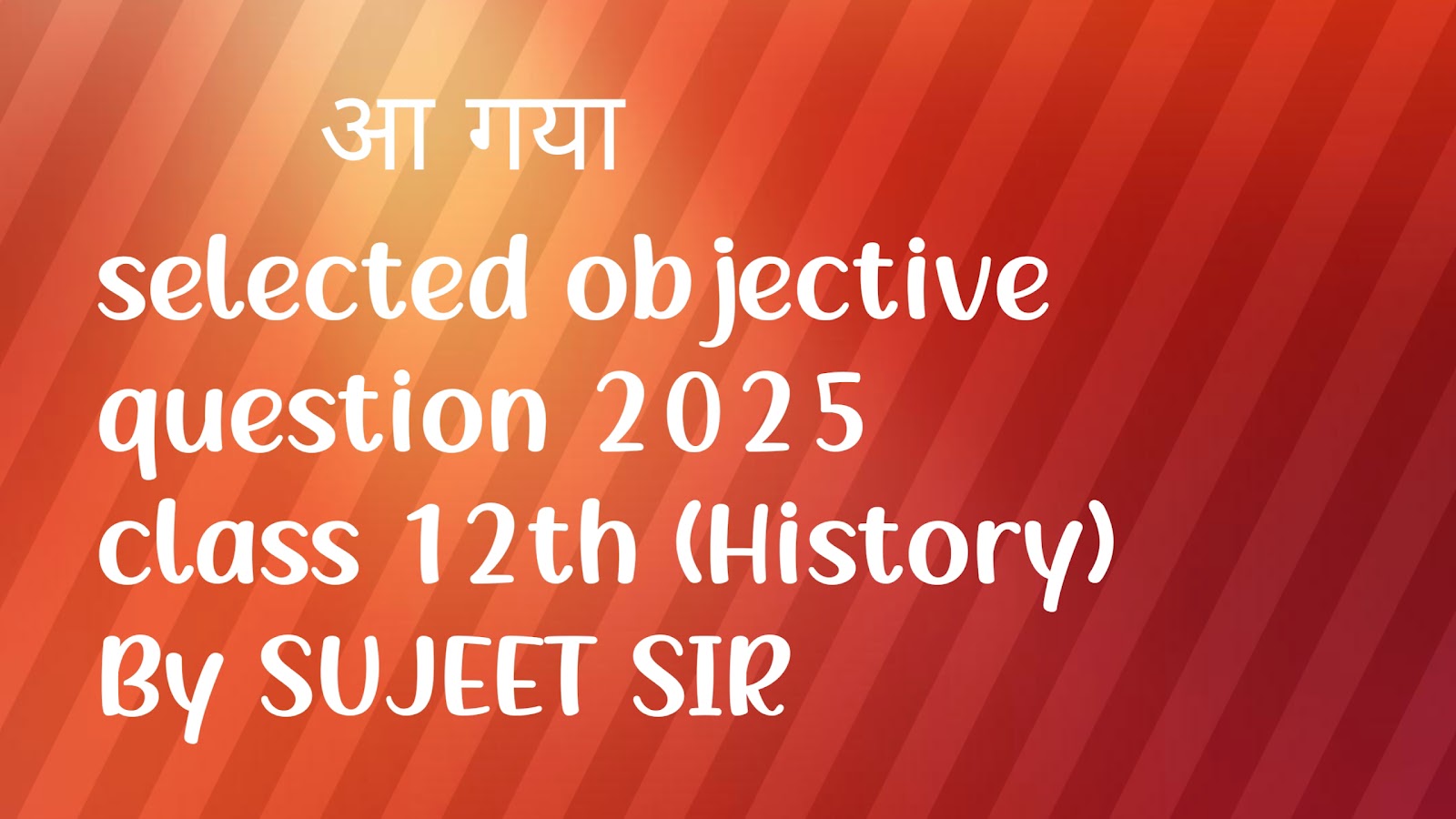Noun, kinds of noun, introduction of noun, proper, common, collective, material, Abstract (according to me, something is not good.nothing is bad, thinking is good.everything is good.) BY SUJEET SIR,9709622037,8340763695, Araria, Bihar.
* Persons: teacher, student, friend, mother
* Places: school, park, city, country
* Things: book, table, car, phone
* Ideas: happiness, freedom, love, justice
NOTES Nouns are fundamental building blocks of language, and they play crucial roles in forming sentences.
Kinds of noun
A proper noun is a specific name for a particular person, place, or thing.
Notes It's always capitalized in English, no matter where it appears in a sentence.
examples:
* People: Albert Einstein, Queen Elizabeth II, Barack Obama
* Places: New York City, Mount Everest, the Amazon River
* Things: the Eiffel Tower, the Mona Lisa, the Great Wall of China
* Organizations: the United Nations, the Red Cross, Google
* Days of the week: Sunday, Tuesday, Friday
* Months: January, July, December
* Holidays: Christmas, Thanksgiving, Hanukkah
(Proper nouns give specific names to things, making them unique and distinct.)
A common noun is a general name for a person, place, thing, or idea.
NOTES It's not capitalized unless it appears at the beginning of a sentence.
examples:
* People: boy, girl, teacher, doctor
* Places: city, country, park, school
* Things: book, table, car, phone
* Ideas: happiness, freedom, love, justice
(Common nouns refer to general categories rather than specific individuals or entities.)
A collective noun refers to a group of people, animals, or things considered as a single unit.
examples:
* People:
* Team
* Family
* Class
* Jury
* Audience
* Committee
* Crowd
* Animals:
* Herd (of cows)
* Flock (of birds)
* Pack (of wolves)
* Swarm (of bees)
* School (of fish)
* Things:
* Bunch (of grapes)
* Fleet (of ships)
* Collection (of stamps)
* Library (of books)
Grammatical Note: Collective nouns can sometimes be treated as singular or plural, depending on the context.
* Singular: "The team is playing well today." (The team is considered a single unit.)
* Plural: "The team are arguing amongst themselves." (Focus is on the individual members of the team.)
An abstract noun refers to something that exists as an idea or concept but cannot be experienced directly through the five senses (sight, sound, touch, taste, smell).
examples:
* Emotions: happiness, sadness, anger, love, fear
* Concepts: freedom, justice, peace, truth, beauty
* Qualities: honesty, courage, kindness, intelligence, wisdom
* States of being: childhood, adulthood, existence, life, death
(Abstract nouns are essential for expressing complex thoughts and feelings, and they play a vital role in our communication and understanding of the world.)
Material nouns are words that refer to substances or materials from which objects are made.
examples
* Wood: Used to make furniture, houses, and many other things.
* Metal: A broad category including iron,
steel, gold, and others, used for various purposes.
* Plastic: A synthetic material often used for packaging, toys, and utensils.
* Glass: Transparent material used for windows, bottles, and decorative items.
* Cotton: A natural fiber used for clothing and textiles.
* Water: Essential for life and used in various industries.
* Air: The invisible mixture of gases we breathe.
Key characteristics of material nouns:
* Uncountable: They are usually not counted as individual units but measured or weighed.
* We don't say "two woods" but "a piece of wood."
* We don't say "three waters" but "three liters of water."
* No plural form: They generally don't have a plural form.
* Often preceded by determiners: They are often used with determiners like "some," "a lot of," "much," or "little."
Examples in sentences:
* The table is made of wood.
* The ring is made of gold.
* The bottle is made of glass.



टिप्पणियाँ
एक टिप्पणी भेजें